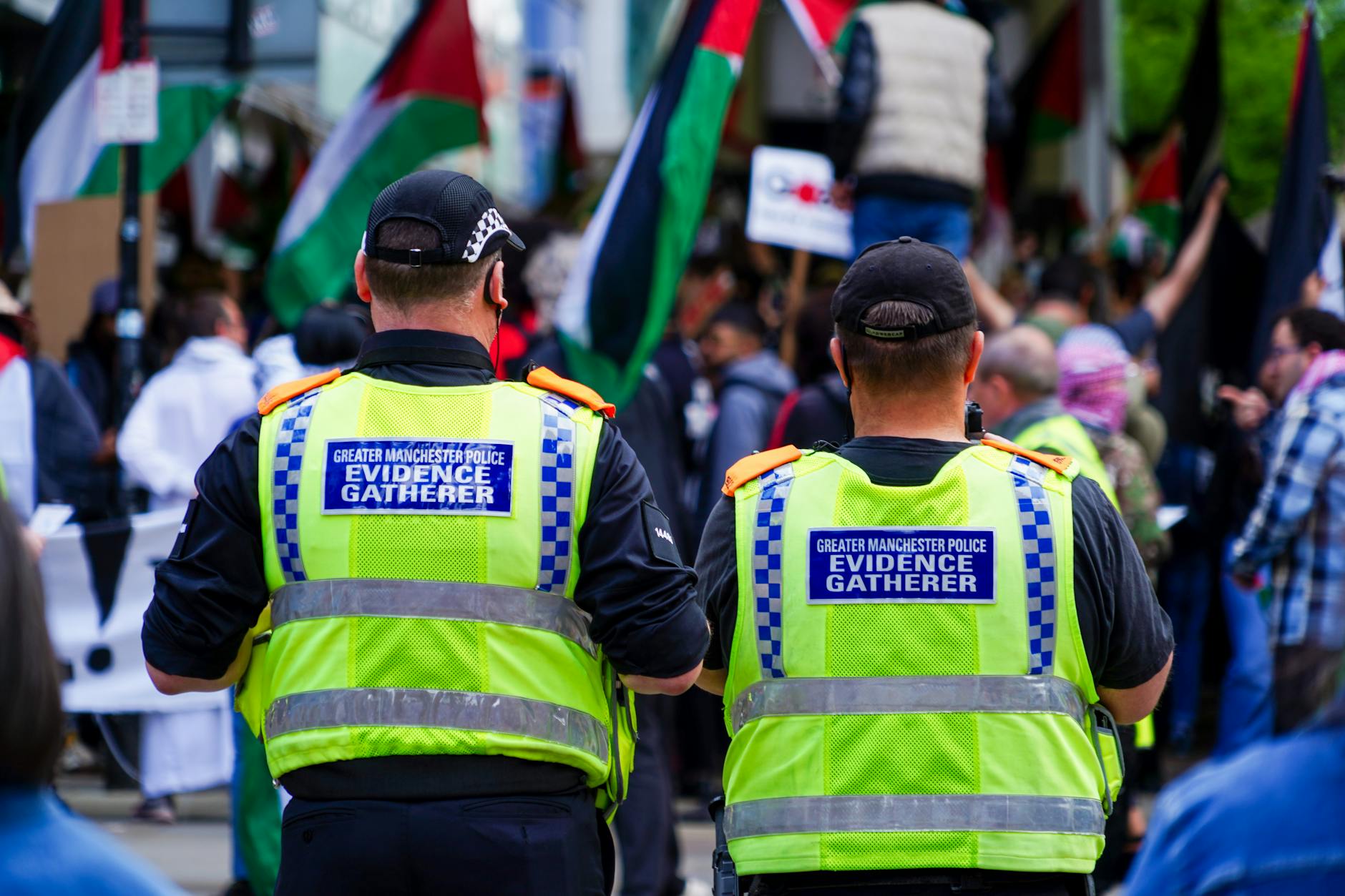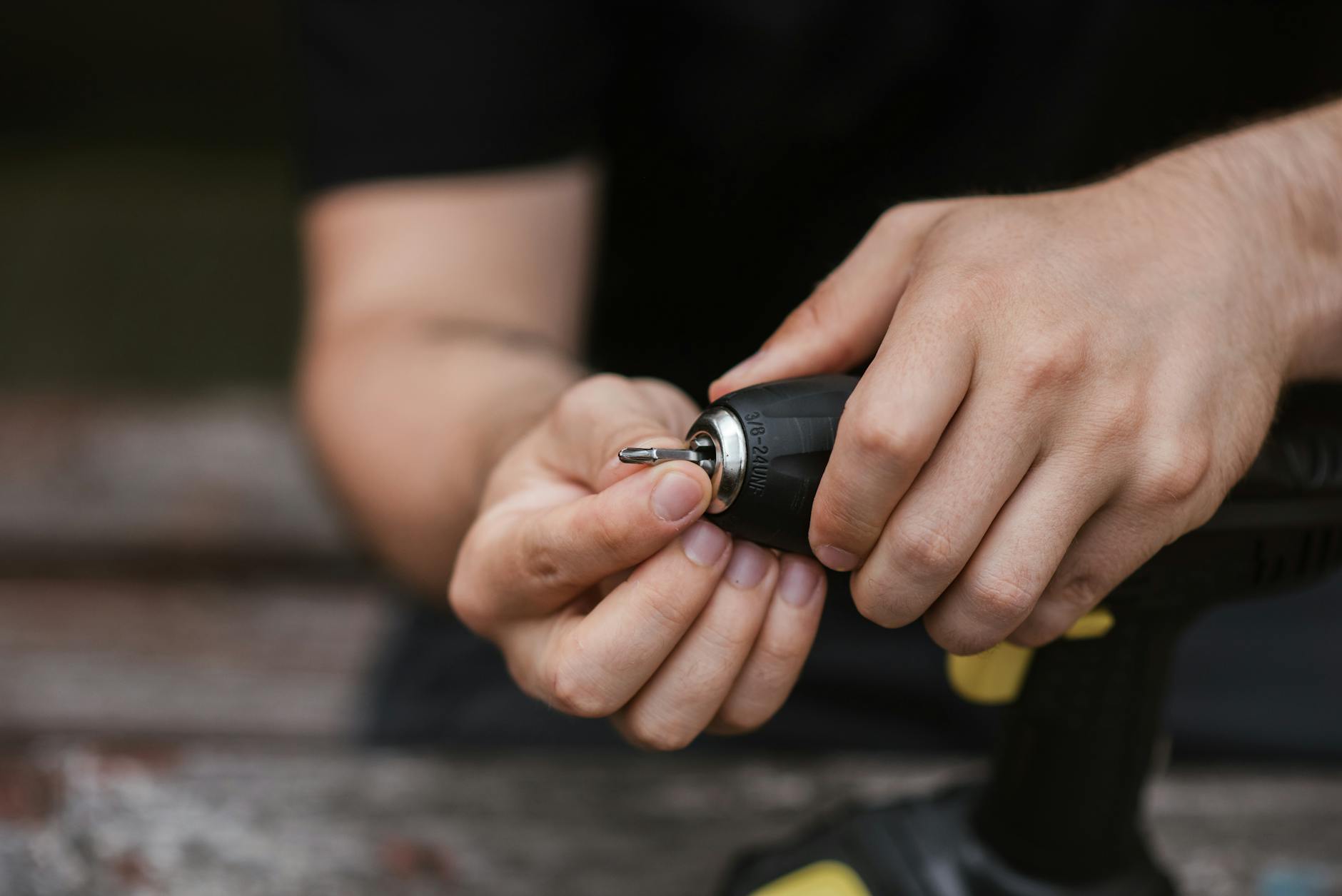Why Australia’s Tech Industry is Transforming Police Check Protocols

Australia's Tech-Driven Shift
In recent years, technology has significantly transformed the processes of obtaining necessary documents, including police checks across Australia. This tech-driven shift is particularly evident in hubs like Lot Fourteen, where innovation fuels advancements in digital solutions. Modern integration efforts have simplified access to police checks, catering not only to those seeking a police check victoria but also individuals needing a police clearance qld or a police check WA. By leveraging technology, these processes have become more streamlined and accessible.
How Tech is Streamlining Checks
Advancements in software integration allow for seamless authentication and data processing, thus reducing the time and effort previously required for background checks. Systems are now automated to ensure rapid communication between departments, making the procedure more efficient. Additionally, AI technologies assist in performing accurate verifications, ensuring compliance while improving user experience.
Evolution of Digital Protocols
The development of digital protocols has further aligned with cybersecurity measures to safeguard personal data. This evolution signifies a shift towards a more secure and efficient verification method. These protocols are designed to quickly verify identities while maintaining data integrity. As the shift towards digital continues, stakeholders in these systems focus on enhancing their technology to best serve their community, including developing user-friendly interfaces and expanding access via mobile devices.
Impact on Verification Timelines
The new tech-driven approach in processing police checks not only enhances efficiency but also significantly shortens verification timelines. What once took weeks can now be accomplished within hours, facilitating smoother workflows for HR professionals and tech-savvy individuals. This improvement ensures that travelers and job seekers can focus on their next pursuit without prolonged administrative delays.
Benefits for Travelers
Quick Access from Anywhere
In today's fast-paced travel landscape, having instant access to necessary documents can make all the difference. Travelling through scenic places like Lot Fourteen or tech hubs on North Terrace, you want your trips to be spontaneous yet compliant. Online police checks ensure you can obtain clearances without tethering to a desktop, allowing mobility that matches your adventurous spirit. Whether you're waiting for a train or relaxing at a café in Tasmania, a police check Tasmania is just a few clicks away, seamlessly integrating with day-to-day travel.
Simplifying Seasonal Work Processes
For travellers who balance between leisure and work, the ability to secure necessary paperwork swiftly is invaluable. Seasonal jobs, especially in bustling areas like Queensland, require timely police checks – ensuring compliance with local employment rules. A police check QLD integrates perfectly with the dynamic lifestyle of tech-savvy nomads, eliminating bureaucratic bottlenecks so you can focus on the job. The sooner you start your role, the sooner you can enjoy the vibrant work culture and innovation-led environments these regions offer.
Enhancing Safety and Compliance
Navigating the requirements for travel and work is crucial. Proper documentation secures not just opportunities but peace of mind, knowing you’re compliant with local regulations. Online checks are an efficient strategy for integrating safety protocols into your travel plans, emphasising security without sacrificing your adventurous charm. As you journey across Australia, having these processes at your fingertips elevates your travel experience, ready to embrace every opportunity that comes your way.
Navigating Online Police Checks
Steps for a Seamless Experience
When you're on the go and need a police check swiftly, the digital route is the best companion for jet-setting adventurers like you. Initiating a police check online is straightforward. Start by selecting a reputable online platform that facilitates this process. Ensure that the site complies with national standards to keep data secure and accurate. Usually, you'll need to provide basic identification details and consent for the check. The streamlined nature of the process means that once your identification documents are uploaded, you can typically expect results within hours, a boon for those needing quick turnarounds.
Region-Specific Requirements
However, each state has specific requirements. For instance, obtaining a police check online in Queensland might necessitate additional documentation compared to other regions. It's essential to review these regional specifics ahead of time, as they can vary and impact the processing time. Consider integrating resources from innovation hubs like those in North Terrace to stay updated on the latest changes in protocol.
Handling Limited Internet Access
For those like you, Lucas, when you're exploring remote areas like Tasmania, finding reliable internet can be a hurdle. Plan ahead by downloading necessary forms and guidelines when in a Wi-Fi-enabled zone, such as a café at Lot Fourteen. This proactive approach ensures you're ready to submit your application once you're back online. Even in remote locales, your smartphone can be an ally in managing essential documentation.
Addressing Regional Variabilities
Navigating the complexity of police clearance requirements across Australia can be daunting, especially with regional nuances influencing processes. Western Australia, for example, has its unique set of guidelines. Here, understanding specific procedures like those outlined for police clearance wa is crucial. Ensuring thorough preparation can significantly reduce the risk of delays.
Tackling Potential Data Security Concerns
Data security often stands as a pivotal concern for professionals handling sensitive information. To ensure your data remains protected, it's necessary to adopt stringent security measures. Implement encryption protocols and secure database storage to protect the integrity and confidentiality of data. Regularly updating software and applying patches can prevent unauthorized access and potential breaches.
User Support and Troubleshooting
Ensuring seamless user support is another critical aspect that can impact the overall experience of obtaining police clearance. Setting up a responsive support system can alleviate user frustrations. Utilising technology platforms to address common queries through an FAQ section can help users find immediate solutions to their challenges. Interactive chat features and support emails provide essential backup when additional help is needed.
By addressing these concerns with effective strategies, tech-savvy professionals and HR personnel can confidently integrate smoother solutions. This not only streamlines compliance measures but also builds trust in the system. Looking ahead, the focus on tailored solutions remains pivotal in fostering a more efficient, user-friendly environment.
Future Directions in Tech-Driven Compliance
Integrating Advanced Technologies
As I look at the technology landscape here in Adelaide, particularly in vibrant spots like Lot Fourteen and North Terrace, it's clear that tech-driven compliance is ripe for further innovation. In an era where [online police check australia] results are becoming a necessity rather than an option, integrating advanced technologies like blockchain and AI into verification processes is crucial. These technologies can improve data transparency and accuracy, ensuring that personal information is securely stored and easily verifiable. Blockchain, for instance, offers a decentralised method to retain authentic records, which can be particularly beneficial for sensitive data handled by companies involved in seasonal work or remote contracting.
Emphasizing User-Centric Solutions
At tech events in the Adelaide Convention Centre, one thing professionals consistently discuss is how solutions need to be user-centric. Enhancing the user experience can significantly reduce friction for HR personnel conducting [fit2work australia police check] and similar verifications. From mobile apps to intuitive dashboards, the focus should be on making these processes as straightforward as possible, even for the less tech-savvy. Providing seamless access to information will empower users and streamline how they meet compliance standards across various regions without compromising on security.
Preparing for Future Compliance Needs
The dynamic nature of compliance means that businesses and individuals need to be ready for future shifts. As technology evolves, so too must our approach, and remaining engaged with innovations from local hubs and global leaders is important. By fostering a collaborative ecosystem in places like Lot Fourteen, we can ensure that we are not just keeping up with international trends but setting benchmarks ourselves. This forward-thinking mindset will empower HR teams and tech professionals to handle future demands efficiently.


